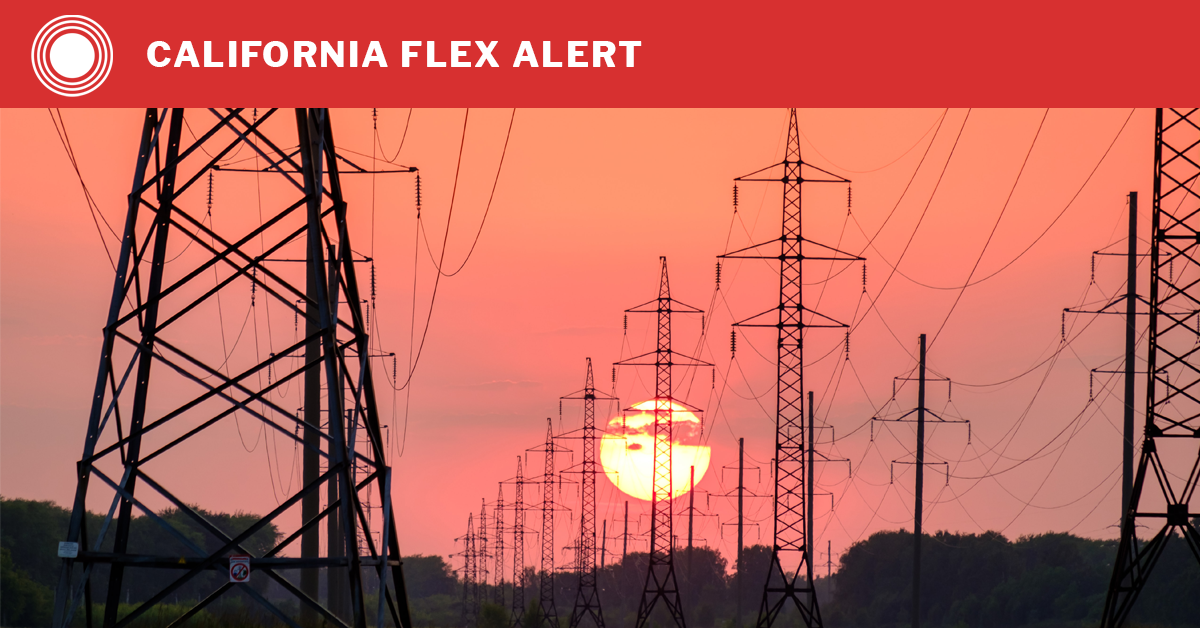Los Angeles families were were displaced from their homes when Dodger Stadium was built could receive reparations.
Asm. Wendy Carrillo (D–Los Angeles) introduced the Chavez Ravine Accountability Act (Assembly Bill 1950) last week to provide such reparations.
Driving the news: Construction on Dodger Stadium started in the 1950s and was completed in 1962.
- Carrillo says the community displaced in Chavez Ravine by Major League Baseball’s third-oldest ballpark was predominately Latino.
The big picture: If passed, AB 1950 would propose a variety of compensation measures for displaced families, including offering land currently owned by the city that is comparable to the original Chavez Ravine homes or to provide fair market value compensation adjusted for inflation.
- Families who do not own any land could receive relocation assistance, healthcare access, employment support, educational opportunities and other forms of compensation that a newly established task force determines.
- The state would also fund a permanent memorial on Chavez Ravine or adjoining property to honor the legacy of the displaced residents.
What we’re watching: AB 1950 will be heard in the Assembly Judiciary Committee.
What they’re saying: “Amid the 1950s, the vibrant community of Chavez Ravine, home to mostly Mexican-American families, as well as Italian-American and Chinese-American, saw an upheaval as families were uprooted and displaced in the name of progress. Families were promised a return to better housing, but instead, they were left destitute,” Carrillo said.
- “For generations, Chavez Ravine stood as a beacon of hope and resilience, embodying the dreams and aspirations of families who built their lives within its embrace. With this legislation, we are addressing the past, giving voice to this injustice, acknowledging the pain of those displaced, offering reparative measures, and ensuring that we honor and remember the legacy of the Chavez Ravine community.”










